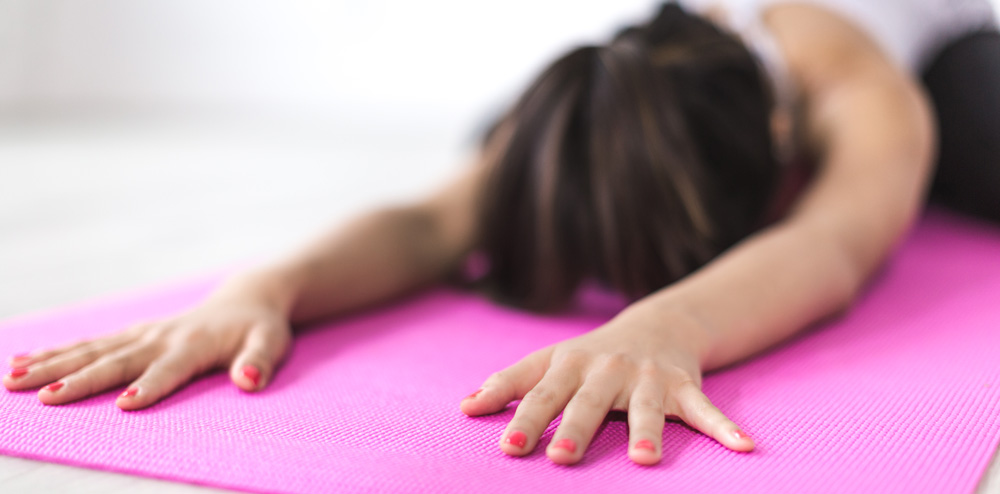Starting a Yoga Journey: Embrace the beginner’s mind
In this new series, YogaIowa will address the uncertainties that arise when one first steps onto a mat, from studio etiquette to finding the discipline that’s best for you. Look for “Starting a Yoga Journey” pieces in future issues and at yoga-iowa.com.

Yoga may seem like a mystical passage that only a few people follow. But in reality, nearly 37 million people practiced yoga in the United States in 2016, and Forbes magazine reported that another 80 million intended to try it soon.
If you intend to begin a meaningful yoga practice and stick with it, the first posture to practice is a mental one.
The Beginner’s Mind
A primary philosophy of modern yoga is the beginner’s mind. This is a concept borrowed from Zen Buddhism — more specifically, from Zen master Shunryu Suzuki, who authored Zen Mind, Beginner’s Mind in 1970, and helped foster the popularity of the concept in the West.
The basic definition of a beginner’s mind is this: possess an attitude of openness, accept how things are in this moment and release any preconceptions when trying something.
This is a vital approach to starting a practice. It’s easy to initially be apprehensive walking into a yoga class, even at a beginner’s level. You might think, “I have no idea what’s going on, or how to move, or what these words mean!”
Remember, in yoga, there isn’t competition on the mat. Each individual is unique, with various levels of flexibility, strength, understanding and ability. Apply a beginner’s mindset, be compassionate with yourself and don’t allow self-defeating thoughts to limit your potential.
When attending a class or workshop for the first time, introduce yourself to the teacher and let him or her know you’re new to practice. Trust the guidance you’ll receive as a result — complete with specific cues, adjustments and education — and replace what you don’t know with the joy of discovery.
Remember, at first, your physical practice may need assistance from props, or you’ll have a posture variation different from what other people are doing in order to move safely. Transitioning from one pose to another may make you feel as graceful as an octopus on ice skates — but all this will change with consistent effort. Use your beginner’s mind to embrace the present moment.
It’s also common to use previous life experiences to frame the type of practice we expect to have. For example, an avid runner may think of yoga as all physical and expect practice will be easy, then become frustrated when it isn’t.
Remember, in the beginning, remain open to a new form of movement and breathing. The point isn’t immediate mastery — it’s a journey of evolution. This approach may awaken another aspect of yourself previously unknown, while complementing what’s familiar.
Transformation in Process
While the gateway to a yogic lifestyle is initially physical, the poses are only part of the process. Learning to breathe in a way that calms your mind, releasing onto the mat what no longer serves you emotionally, creating a better sense of awareness — these benefits are only the beginning when you practice yoga with curiosity, an open heart and no fear.
If you approach your practice with a beginner’s mind both on and off the mat, you’ll experience profound transformation. Not because something was wrong, but because more of your natural, wonderful self is revealed. Trust this process: there’s freedom in it and consequently, endless possibilities.
Tracey L. Kelley, E-RYT 500, shares stories, helps people listen and teaches yoga (traceylkelley.com). She’s the author of one moment of a single day: essays. Tracey also creates online broadcasts, contributes to various healthy lifestyle magazines and websites and facilitates interpersonal development workshops to encourage people to see, hear and value one another. This article was originally published in YogaIowa’s Fall 2017 issue.


